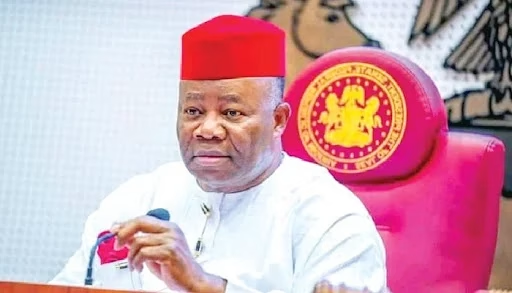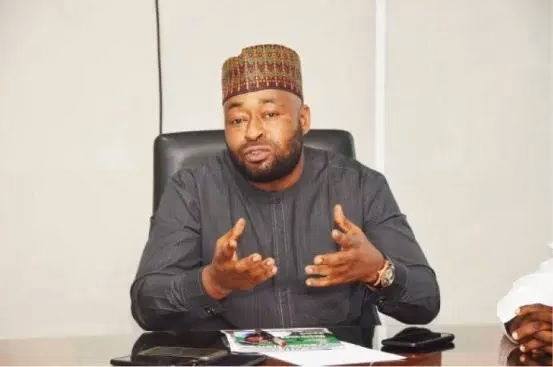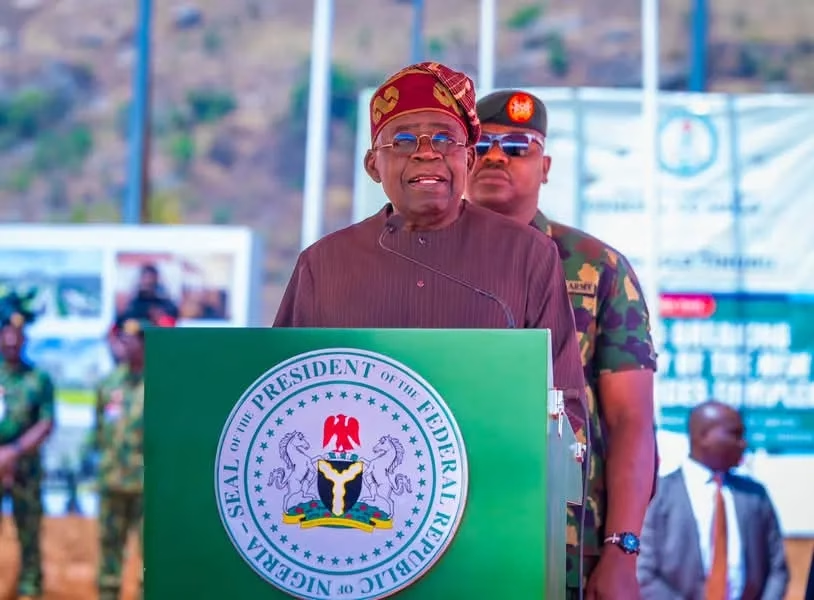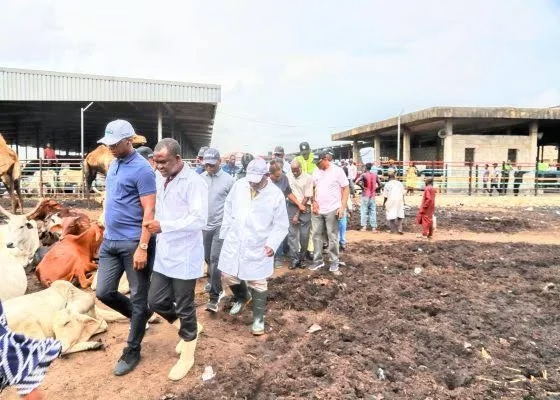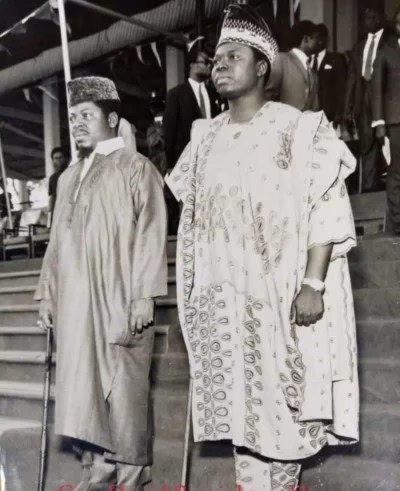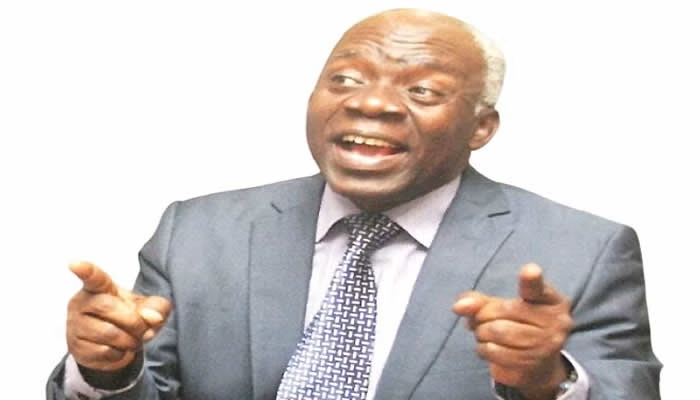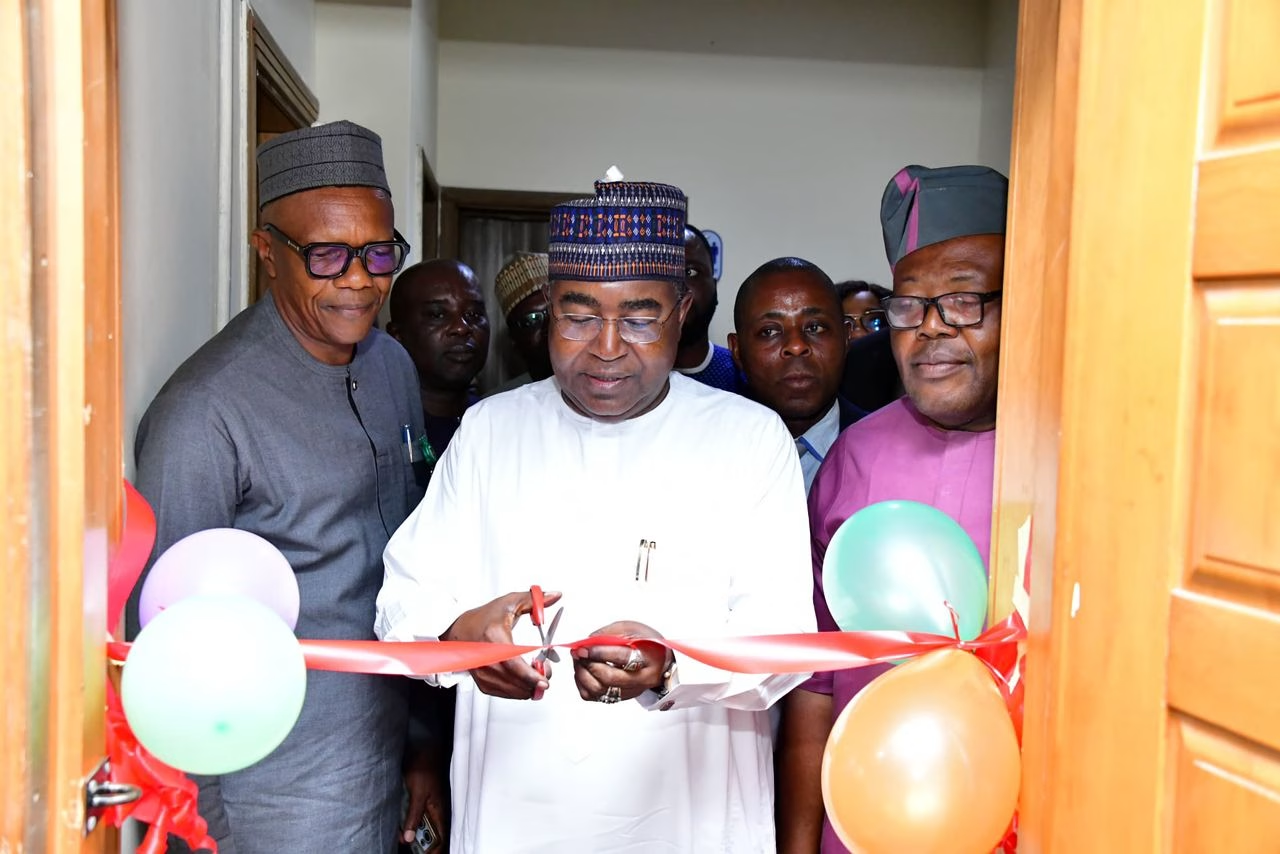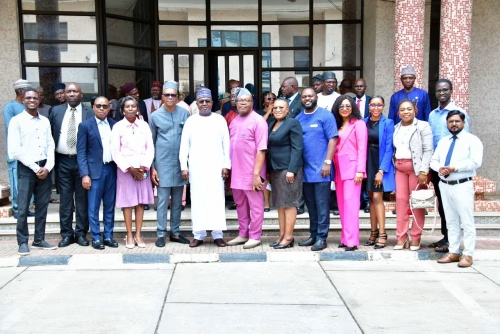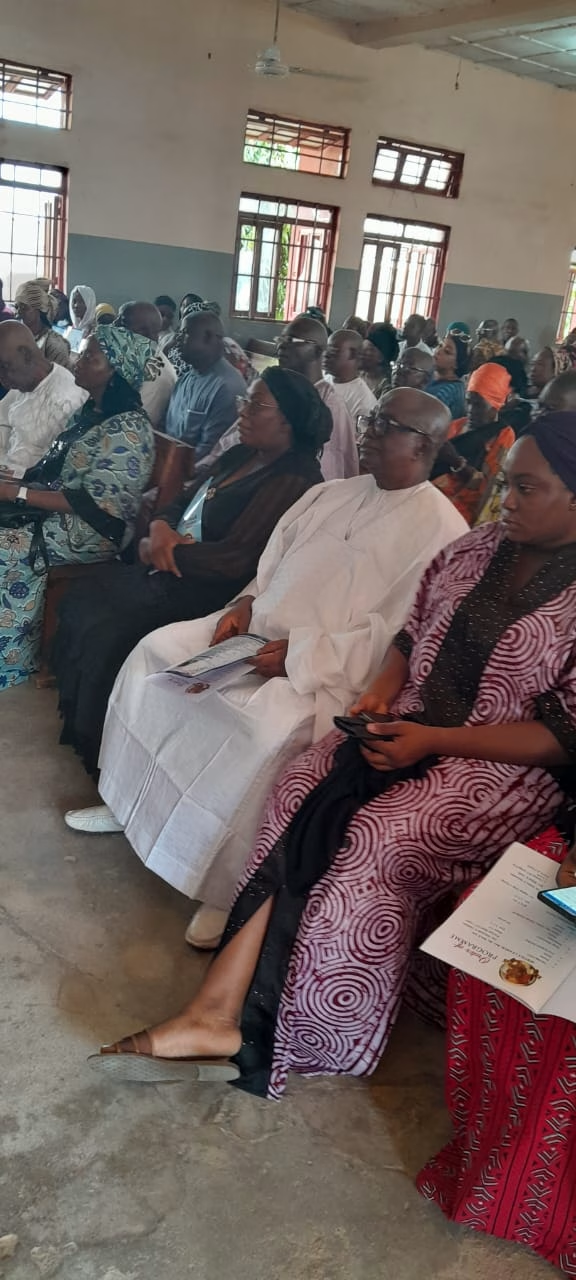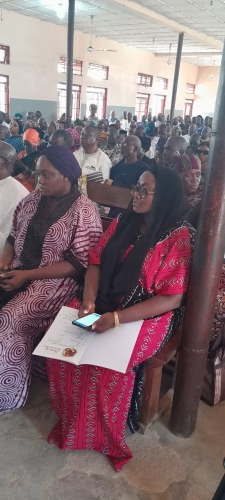By Ayo Baje
Quote:
” If you don’t make yourself happy, nobody else can”
– Janet Jackson ( Iconic American musician )
My dear blessed brothers, sisters and ever-faithful friends, relax your mind! Yes, I am fully aware that the harsh economic situation is telling on most of us, brought about of course, by government’s anti-people policies, which unfortunately they keep defending. Yet, several businesses are not thriving. The high costs of transportation, electricity tariff, school fees and rents are simply asphyxiating.
The purchasing power of the average customer is abysmally low but relax your mind all the same. Breathe in divine favour, mercy, grace, inner peace and prosperity. And breathe out all forms of negativity, including all your fears, your worries, anxiety and doubts.Remember, that most of the troubling issues you worried about ten years ago,ten months,weeks and days ago did not consume you.
Yes, you are an overcomer, a victor above all forms of challenges. Worry not! We are lucky to be alive, hale and hearty, are we not? Yes, we are. When you listen to the breaking news items virtually every morning what dominates the media space are all manner of horrifying news items. Many people – -including innocent children and defenceless women –
were brutally killed over the past 24 hours by bandits, Boko Haram terrorists, heartless herdsmen, or they went to their early graves through road accidents, hunger and poverty. Some, who can no longer bear the excruciating economic situation have attempted to commit suicide. But we are still alive, not because we are wiser or stronger than all those who have died but by the special grace of God.
That reminds me of the Swedish proverb which states that: ” Worries give a small thing a large shadow”. That is absolutely true. Instead of allowing negative forces of darkness such as anxiety, ,doubts and don’ts to dominate your mind develop a Positive Mental Attitude (PMA).It all begins with your mindset. According to the world renowned author of motivational bestsellers,Norman Vincent Pearl we have both the sub-conscious and conscious minds. While what we think about, dream of, desire, wish for are like seeds sown into the sub-conscious mind which is like a fertile field, the decisions and actions we eventually take are controlled by the conscious mind.
So, we should be careful what we wish for. That explains why during my motivational lectures I caution my students against going to bed with evil thoughts of any fellow human being. Always have an average of eight, peaceful hours of quality sleep. You need it. You deserve it. Wake up every morning to make yourself happy because the morning shows the day.
According to experts on human psychology, being happy has numerous positive effects on both physical and mental health. The facilitating factor of happiness can strengthen your immune system, drastically reduce stress, improve the health of your heart and potentially increase your lifespan. Also, with regards to our biosystems, “the chemicals that make us feel happy are primarily dopamine, oxytocin, serotonin, and endorphins. These are neurotransmitters and hormones that play a role in regulating mood, pleasure, and overall well-being. They are often released in response to certain activities, social interactions, or even thoughts.” You should therefore, understand why you should make yourself happy.
But the best way to start is to have a personal relationship with God, your Creator. Praise Him because only He knows the plans for our lives. Be grateful for all His blessings on your life. As the popular gospel song goes, “count your blessings, name them one by one and it will surprise you what the Lord has done”. Focus on what you are blessed with rather than the things you do not have. The bitter truth is that you do not need some of them. What matters is the protection of your life with happiness and peace of mind.
I recall, how during the Nigeria-Biafra civil war in 1967 as one of the students of Ochaja Secondary School, Ochaja then in Kabba Province in the Northern Region were directed by the Missionary teachers to go back home at the middle of a term. The directive came about because a Biafran military jet landed on the football pitch of the nearby Teachers College. And while on our way back home, one of the students from another College, Government Secondary School, Dekina got hit by a stray bullet at Lokoja. But to God be the glory that he survived it.
As we currently battle with this trying time, learn to be prudent with your resources. Engage in more than one business venture to generate multiple sources of income. Plan your activities according to the priorities. Focus on your areas of core competence, to hone your talents and skills. And reach out to those who truly share in your vision. As Sam Walton stated: ” Individuals don’t win but teams do”.
If you have done your best and things do not work out as expected, do not blame yourself. Reach out to your Destiny Helpers. There is no shame in asking for help, when in serious need. That is so far you do not make it a regular habit. As the Holy Bible states:
“Ask and it shall be given unto you Seek and you shall find
Knock and the doors will be opened unto you” ( Mathew Chapter 7 verses 7-8. ).
What are the first letters of the lines? ASK! Interesting, is it not? Of course, it is.
Sometimes people ask me the question: ” Mister Baje, you are looking younger and happier than your age mates, please tell me the secrets” Some of the answers have been illuminated as stated above. I do things that make me happy, without harming fellow human beings. Good enough, I have written some motivational songs. I can draw, paint and create cartoons. I have done that for several media groups including the then Daily Times newspapers, particularly for the Politics page and Lagos Weekend on Mondays and Friday, respectively. So, you should watch comedy strips, attend comedy and social events to take your mind off tension. Either read through my ‘Koko Komedy’ tips on Facebook or motivate yourself by following me on TikTok @ayobaje14.
In addition, stay away from toxic people.Do not start your day with arguments, quarrels, insults because the spiritual secret is that when good things want to happen to us through the angels, the demons of destruction use the negative forces to keep them away, only for those involved to regret their actions later when it is too late.
As a promoter of human nutrition through my ‘Food for Health’ blog on Facebook and TikTok I humbly suggest that you go for food items that boost the hormones that make you happy and eat them on regular basis. These include dark chocolate, bananas, chicken breast, avocado, oily fish such as sardines, salmon and markerel. Eat dark green vegetables such as efo and ugu, also eggs and pop corn.
All said, the current hardship is but a passing phase, more like the cumulous clouds behind which the sun remains to smile at us. Smile back too. Instead of blaming the government for all our woes, key into available opportunities like the Green Money Project aimed at encouraging farming for youths. As Jackson has rightly admonished, make yourself happy as no one else can.

